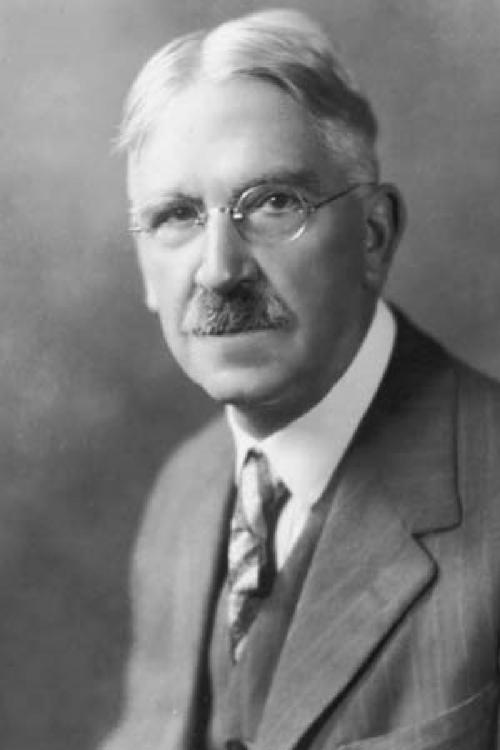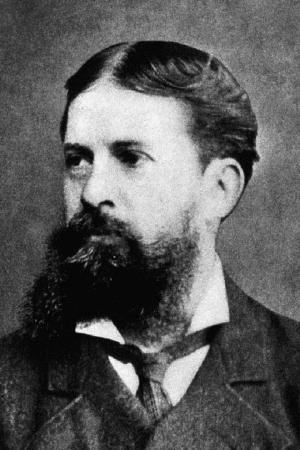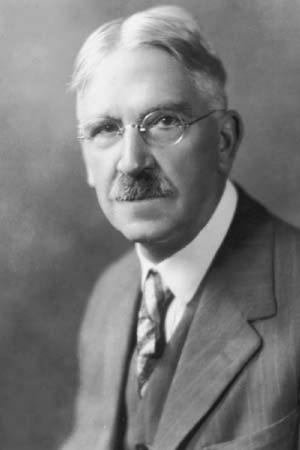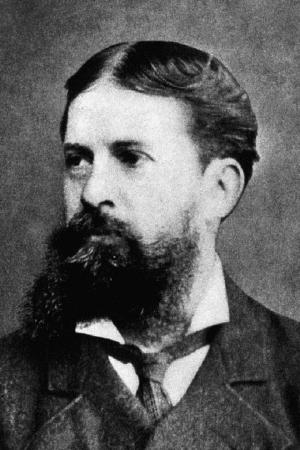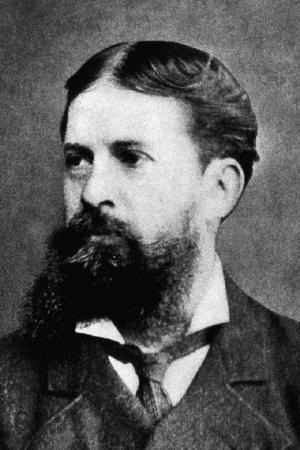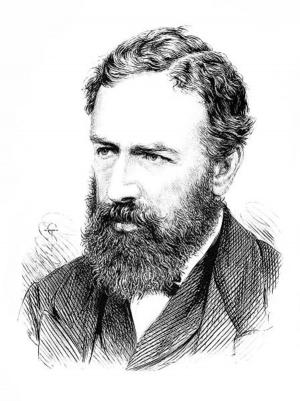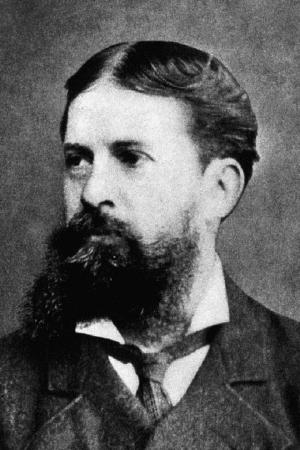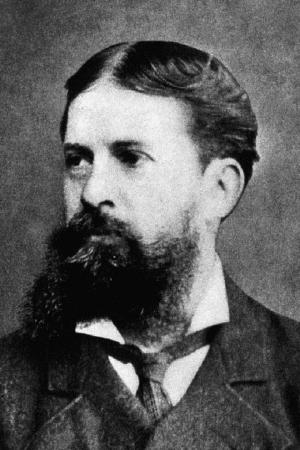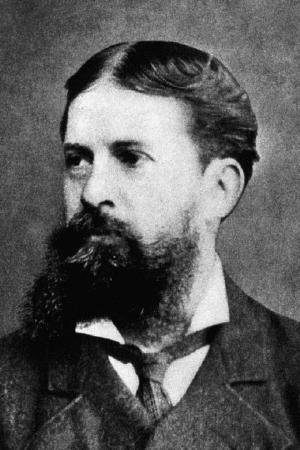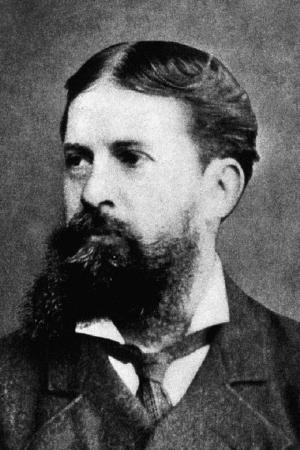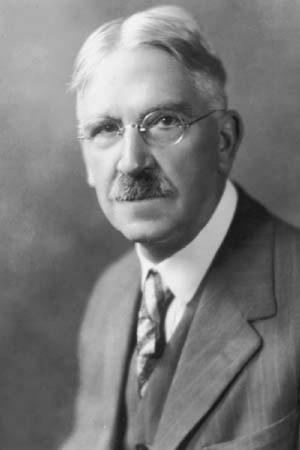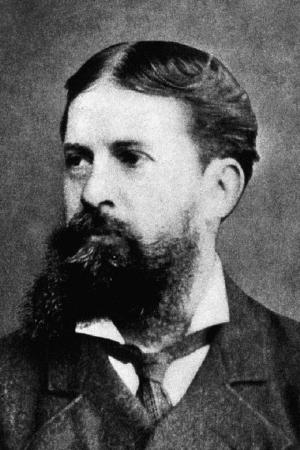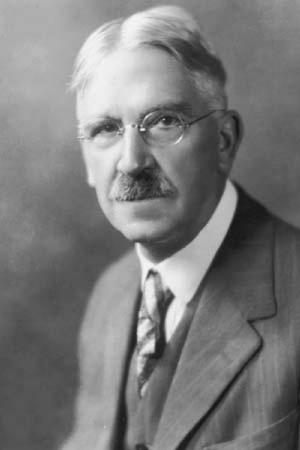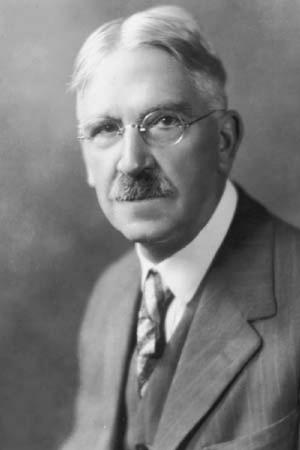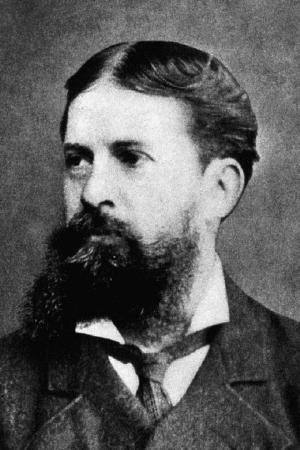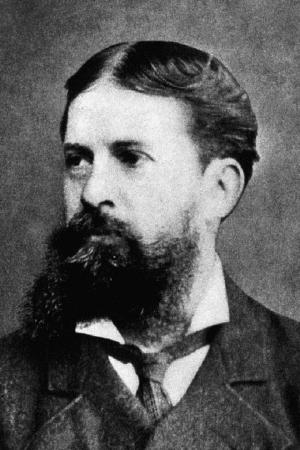| Author: | John Dewey | ISBN: | 1230001439472 |
| Publisher: | Timeless Books | Publication: | November 23, 2016 |
| Imprint: | Language: | English |
| Author: | John Dewey |
| ISBN: | 1230001439472 |
| Publisher: | Timeless Books |
| Publication: | November 23, 2016 |
| Imprint: | |
| Language: | English |
The book has an active table of contents for readers to easy access of each chapter.
John Dewey was one of the most influential American philosophers, psychologists, and educators whose ideas have impacted education and social reform around the world. He is one of the founders with the philosophy of pragmatism and of functional psychology. He is in the row with the greatest thinkers including Bertrand Russell, Ludwig Wittgenstein, Karl Popper, Charles Peirce, John Mill, and William James.
Dewey considered schools and civil society as the two fundamental elements that had to be constructively evolved by encouraging experimental intelligence and plurality. Dewey’s belief is that complete democracy is to be sustainable not just by giving and extending voting rights but also by ensuring that a fully formed public opinion is accomplished by communication among citizens, experts, and politicians with the full accountability and responsibility for the policies they adopt.
THE SCHOOL AND SOCIETY is a highly influential publication by John Dewey and he laid the book as the foundation for his later work. John Dewey detailed his psychological, social, and political framework for progressive education in the book. He argued that the progressive approach was the result of the Industrial Revolution and it was a natural fit with the psychology of children. He further asserted his philosophical view of education that “I believe that all education proceeds by the participation of the individual in the social consciousness of the race. This process begins unconsciously almost at birth, and is continually shaping the individual's powers, saturating his consciousness, forming his habits, training his ideas, and arousing his feelings and emotions. Through this unconscious education the individual gradually comes to share in the intellectual and moral resources which humanity has succeeded in getting together. He becomes an inheritor of the funded capital of civilization. The most formal and technical education in the world cannot safely depart from this general process. It can only organize it; or differentiate it in some particular direction.“
During his time at the University of Chicago, Dewey also founded the University of Chicago Laboratory Schools to deliver his pedagogical beliefs “to prepare him for the future life means to give him command of himself; it means so to train him that he will have the full and ready use of all his capacities”. His educational thought of “Learning by Doing” also formed the foundation of the opening of Indian Springs School, Alabama in 1952, one of the best boarding schools in the United States. The school has adapted John Dewey’s pedagogical beliefs in its longstanding motto, Learning through Living.
John Dewey’s influence has been felt in nearly every field of the humanities, sciences, and American corporate culture such learning by doing. The reasoning by John Dewey still remains as relevant today as it was then. This book is one of the most important ones about the deepest thoughts of education by John Dewey, one of the greatest thinkers of education, psychology, and logic on the planet.
The book has an active table of contents for readers to easy access of each chapter.
John Dewey was one of the most influential American philosophers, psychologists, and educators whose ideas have impacted education and social reform around the world. He is one of the founders with the philosophy of pragmatism and of functional psychology. He is in the row with the greatest thinkers including Bertrand Russell, Ludwig Wittgenstein, Karl Popper, Charles Peirce, John Mill, and William James.
Dewey considered schools and civil society as the two fundamental elements that had to be constructively evolved by encouraging experimental intelligence and plurality. Dewey’s belief is that complete democracy is to be sustainable not just by giving and extending voting rights but also by ensuring that a fully formed public opinion is accomplished by communication among citizens, experts, and politicians with the full accountability and responsibility for the policies they adopt.
THE SCHOOL AND SOCIETY is a highly influential publication by John Dewey and he laid the book as the foundation for his later work. John Dewey detailed his psychological, social, and political framework for progressive education in the book. He argued that the progressive approach was the result of the Industrial Revolution and it was a natural fit with the psychology of children. He further asserted his philosophical view of education that “I believe that all education proceeds by the participation of the individual in the social consciousness of the race. This process begins unconsciously almost at birth, and is continually shaping the individual's powers, saturating his consciousness, forming his habits, training his ideas, and arousing his feelings and emotions. Through this unconscious education the individual gradually comes to share in the intellectual and moral resources which humanity has succeeded in getting together. He becomes an inheritor of the funded capital of civilization. The most formal and technical education in the world cannot safely depart from this general process. It can only organize it; or differentiate it in some particular direction.“
During his time at the University of Chicago, Dewey also founded the University of Chicago Laboratory Schools to deliver his pedagogical beliefs “to prepare him for the future life means to give him command of himself; it means so to train him that he will have the full and ready use of all his capacities”. His educational thought of “Learning by Doing” also formed the foundation of the opening of Indian Springs School, Alabama in 1952, one of the best boarding schools in the United States. The school has adapted John Dewey’s pedagogical beliefs in its longstanding motto, Learning through Living.
John Dewey’s influence has been felt in nearly every field of the humanities, sciences, and American corporate culture such learning by doing. The reasoning by John Dewey still remains as relevant today as it was then. This book is one of the most important ones about the deepest thoughts of education by John Dewey, one of the greatest thinkers of education, psychology, and logic on the planet.
